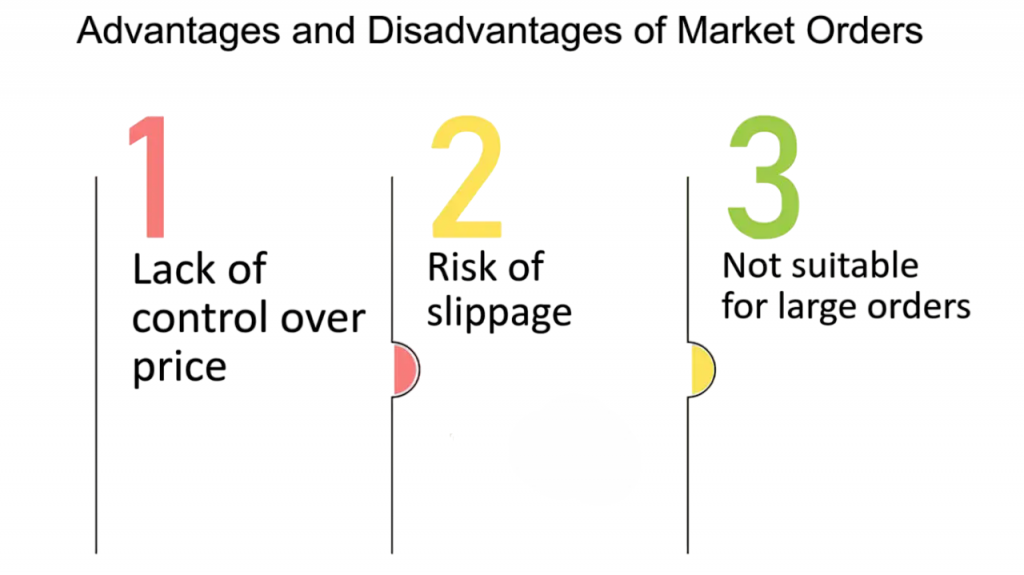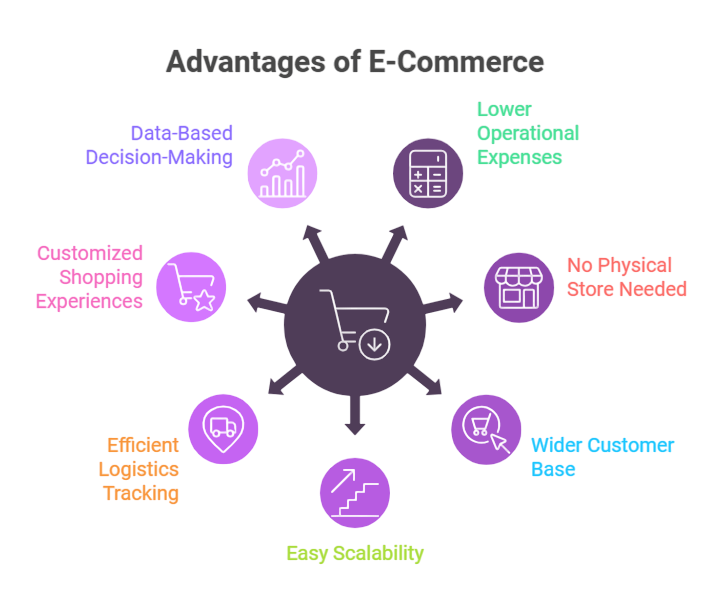
- E-commerce Niche Markets
- Limitations of Large Marketplaces
- Identifying Untapped Consumer Needs
- Types of Niche E-commerce Ventures
- Localized and Hyperlocal Business Models
- Advantages of Small-Scale E-commerce
- Technology Stack for Niche Stores
- Social Media and Micro-Influencer Marketing
- Logistics and Delivery Innovations
- Case Studies of Successful Niche Startups
- Challenges Faced by Niche Players
- Conclusion
E-commerce Niche Markets
In the digital age, e-commerce has transformed how consumers interact with brands and make purchases. While giants like Amazon and Flipkart dominate the general marketplace, a parallel trend is growing rapidly niche e-commerce markets. These are specialized online stores, and by leveraging knowledge gained from an AWS Course businesses can optimize their operations, improve cloud integration, and focus effectively on a specific product category, target audience, or geographic region. Their core strength lies in customization, authenticity, and a deep understanding of consumer preferences within a narrowly defined segment.
Limitations of Large Marketplaces
Large e-commerce platforms offer a vast variety of products but often lack the specialization and personal touch that niche markets provide. Sellers on large marketplaces, while understanding What is a Managed Service? face intense competition, high commission fees, and limited control over branding.

Furthermore, consumers sometimes experience choice fatigue due to the overwhelming number of options. For brands that want to maintain a unique identity, large marketplaces might not provide the flexibility required to innovate or interact closely with their audience.
Do You Want to Learn More About AWS? Get Info From Our AWS certification Training Today!
Identifying Untapped Consumer Needs
The success of niche e-commerce ventures begins with identifying unmet or underserved consumer needs. Entrepreneurs can use market research, keyword analysis, customer feedback, and social media trends to discover these gaps. For instance, products for eco-conscious consumers, organic pet food, or ethnic apparel for specific communities might lack strong representation on mainstream platforms.Understanding these needs, especially in the context of Microservices vs SOA allows niche startups to craft offerings that are hyper-relevant and deeply appreciated by their target audience.
Types of Niche E-commerce Ventures
- Product-Specific Stores: These stores sell one type of product or a related group of products. Examples include beard grooming kits, artisanal chocolates, or yoga accessories.
- Demographic-Focused Platforms: Targeted at specific groups such as seniors, new mothers, or students. These platforms offer curated product selections tailored to the life stage or demographic profile.
- Cause-Driven Ventures: E-commerce sites that promote social, environmental, or ethical causes, such as zero-waste products or fair-trade crafts.
- Luxury or Premium Goods: High-end fashion, bespoke furniture, or gourmet foods for affluent consumers seeking exclusivity.
- Interest-Based Communities: For example, platforms dedicated to gaming merchandise, anime, or spiritual wellness.
- Better Customer Relationships: Smaller stores often engage directly with their customers, building loyalty and trust.
- Personalization: Tailored recommendations, customized packaging, and niche marketing resonate more with customers.
- Agility: Unlike large corporations, small-scale ventures can pivot quickly based on market feedback.
- Lower Initial Investment: Starting a niche store usually requires less capital than a large marketplace operation.
- Focused Branding: Clear messaging and targeted content allow for more effective brand building.
- Platform: Shopify, WooCommerce, or Magento offer easy-to-manage online stores.
- Payment Gateways: Razorpay, PayU, and Stripe provide secure transaction capabilities.
- Analytics Tools: Google Analytics, Hotjar, and Mixpanel help track customer behavior.
- CRM Systems: Zoho CRM or HubSpot manage customer interactions and improve sales.
- Inventory Management: Tools like Unicommerce or Browntape for streamlined order and inventory handling.
- Chatbots: Tidio and Freshchat improve customer support and engagement.
- Heads Up For Tails: This brand started as a niche pet accessories store and evolved into a full-range pet care brand with physical and online presence.
- The Mom’s Co.: Initially targeting mothers with toxin-free personal care products, it expanded by listening to its community and focusing on clean beauty.
- Zivame: Case studies of successful niche startups focused on women’s lingerie a category long underserved in Indian retail show How ITIL 4 Helps in the Breakdown of Siloed Working Zivame gained popularity by offering a wide range of sizes, discreet packaging, and expert fitting tools.
- PothysOnline.com: A regional leader in traditional South Indian clothing, Pothys successfully brought its local retail experience online for a global Tamil audience.
- Limited Scale: Small target markets may restrict revenue potential unless the business diversifies or scales.
- Customer Acquisition Costs: Targeted marketing can be expensive without guaranteed returns.
- Dependence on External Platforms: Many niche businesses rely on social media algorithms or third-party logistics providers.
- Supply Chain Disruptions: Smaller players may not have strong supplier relationships, leading to stockouts.
- Competition and Imitation: Once a niche idea gains popularity, it often gets copied by larger players with more resources.
Would You Like to Know More About AWS? Sign Up For Our AWS certification Training Now!
Localized and Hyperlocal Business Models
Localized e-commerce focuses on a particular region, city, or language group. Hyperlocal models go a step further, often targeting neighborhoods or specific communities. These models, when considered alongside ITSM vs ITIL cater to regional tastes, cultural preferences, and even local dialects. Examples include grocery delivery services tailored to South Indian households or ethnic wear platforms serving Bengali communities. These models also help reduce logistics costs and enable faster delivery, increasing customer satisfaction.
Advantages of Small-Scale E-commerce
In today’s digital economy, e-commerce has several benefits for both consumers and enterprises. Its capacity to reach a larger market, which enables companies to sell their goods and services across states, cities, and even abroad around-the-clock, is among its most important advantages. By doing away with the requirement for actual storefronts, and applying insights gained from an AWS Course it also lowers operating expenses by saving money on rent, utilities, and in-store employees. E-commerce offers consumers unparalleled ease by allowing them to peruse, evaluate, and buy things at any time and from any location.

Technology Stack for Niche Stores
To succeed, niche e-commerce ventures must leverage the right technology stack. Here are the essential components:
Gain Your Sample resume in AWS Training by Enrolling in Our AWS Sample resume Now!
Social Media and Micro-Influencer Marketing
Social media is a powerful tool for niche e-commerce businesses. Instagram, Pinterest, and YouTube are ideal for showcasing visually appealing products. Micro-influencers those with 1,000 to 100,000 followers Key Benefits of ITIL often have highly engaged audiences within specific niches. Collaborating with them can lead to better conversion rates and authentic endorsements. Social commerce features like Instagram Shopping and WhatsApp Business are also becoming increasingly important for driving sales.
Preparing for AWS Job? Have a Look at Our Blog on AWS interview questions and answers To Acte Your Interview!
Case Studies of Successful Niche Startups
Challenges Faced by Niche Players
Conclusion
In conclusion, niche e-commerce is not merely a trend but a viable long-term strategy. With the right combination of product-market fit, technology, and customer engagement, niche ventures can carve out loyal customer bases and build sustainable businesses in the evolving Indian e-commerce ecosystem. Although market giants dominate in terms of reach and scale, niche e-commerce businesses, leveraging skills gained from an AWS Course are demonstrating that size may be outweighed by agility, specialization, and close client relationships. In an increasingly competitive digital economy, these smaller firms are slicing out lucrative areas by concentrating on certain client demands, providing distinctive products, and cultivating strong brand loyalty. Niche e-commerce companies are not just surviving, but flourishing as customer preferences move towards real brands and personalised experiences. Their success serves as a compelling reminder that, in the current e-commerce environment, knowing your audience and providing genuine value frequently means more than having the largest platform.


